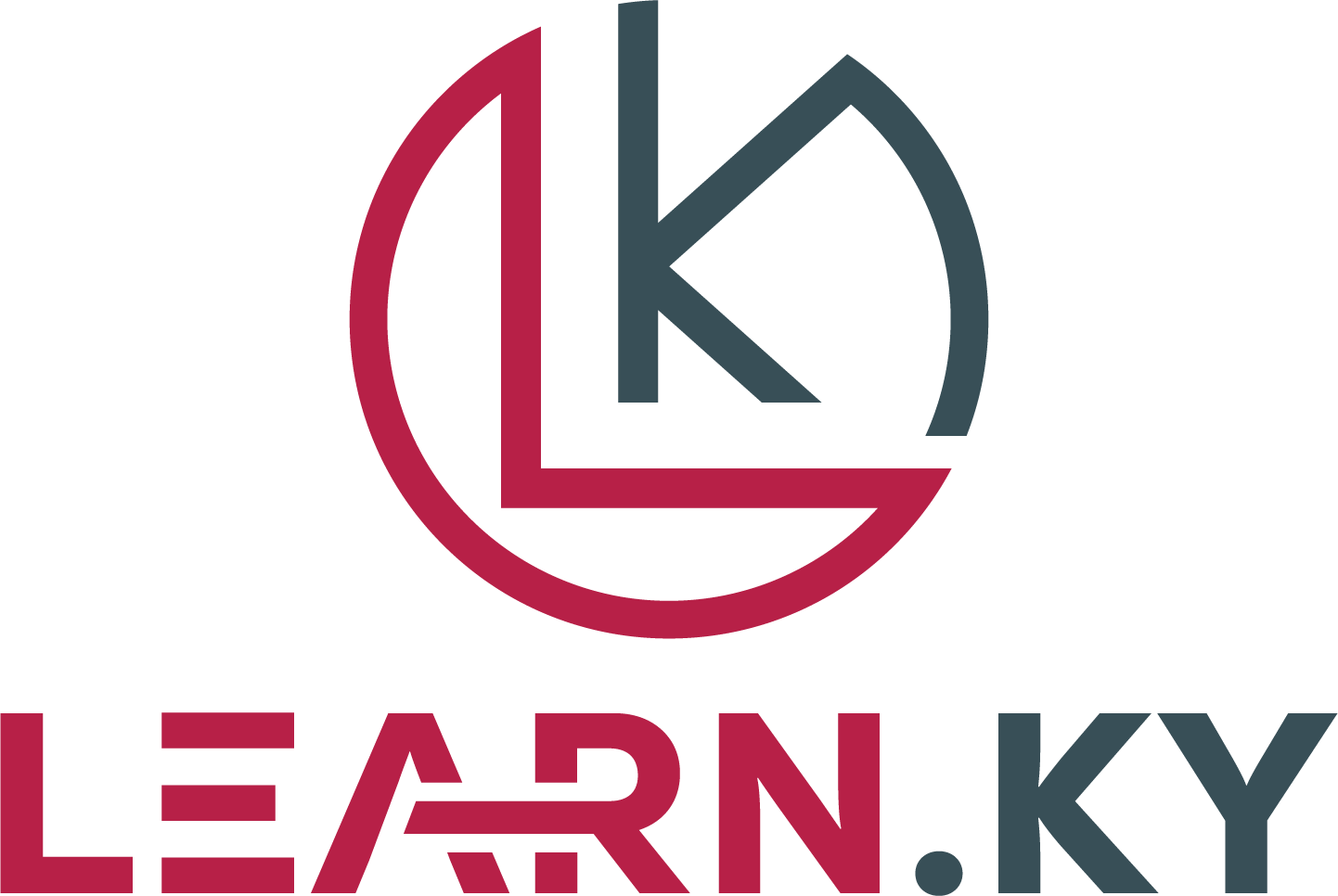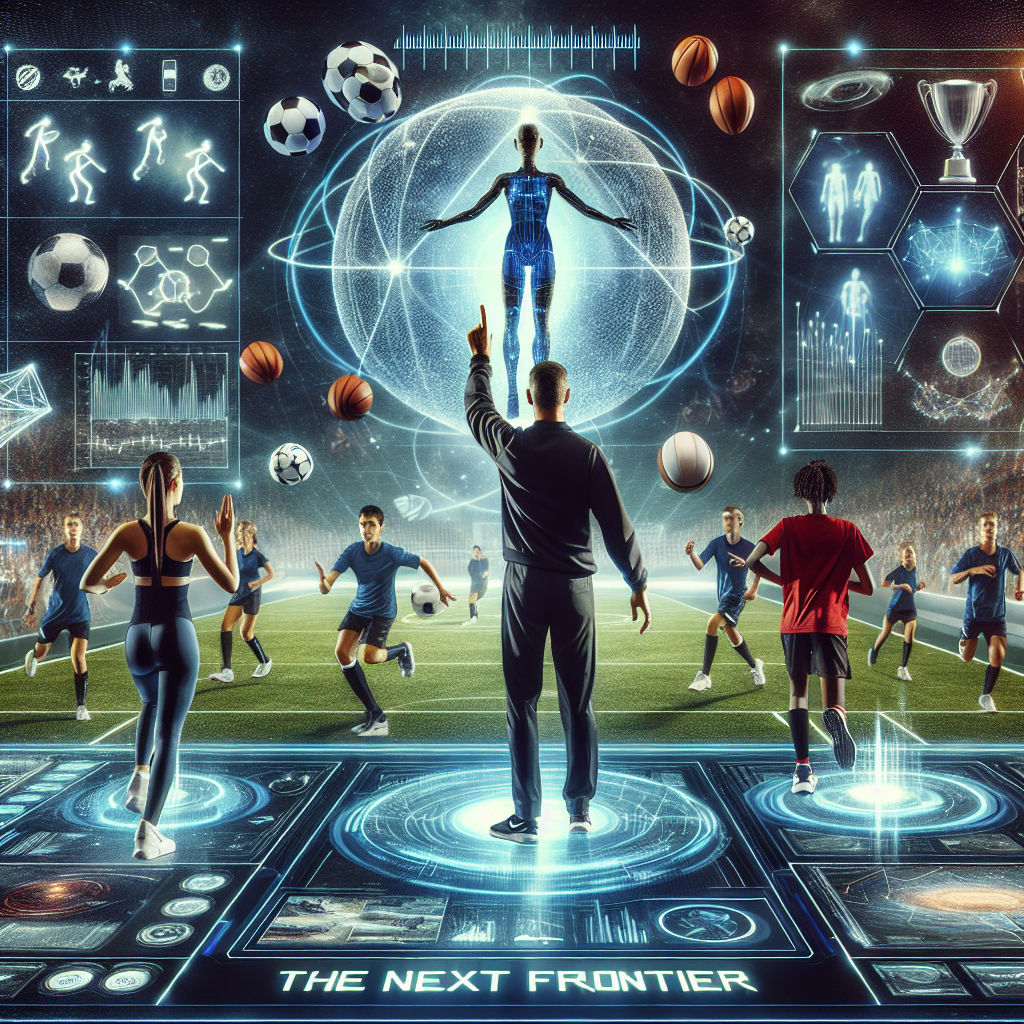AI, a branch of computer science that aims to create intelligent machines capable of simulating human-like behaviors, has already begun to make significant strides in the world of sports. From wearable devices that track biometric data to motion analysis software that provides instant feedback on technique, AI has the potential to transform the way athletes learn, practice, and compete.
One of the key areas where AI is making a significant impact is in personalized training programs. By collecting and analyzing vast amounts of data on individual athletes, AI algorithms can identify strengths and weaknesses, tailor training regimens to specific needs, and track progress over time. This level of personalization not only maximizes the effectiveness of training but also minimizes the risk of overtraining and injury.
Furthermore, AI-powered performance analysis tools are enabling coaches to delve deeper into the nuances of athletes’ movements, providing insights that were previously impossible to uncover. By processing video footage and sensor data, AI algorithms can identify patterns, trends, and correlations that may not be apparent to the naked eye. This not only enhances coaching strategies but also helps athletes understand their own performance better, leading to more informed decision-making on the field.
In addition to training and performance analysis, AI is also being used to improve injury prevention techniques. By combining biometric data with machine learning algorithms, sports scientists can predict and prevent injuries before they occur. This proactive approach not only prolongs athletes’ careers but also ensures their long-term health and well-being.
Despite these advancements, the integration of AI in sports education is not without challenges. One of the main concerns is the ethical use of data, particularly in terms of privacy and consent. Athletes must be fully informed about how their data is being collected, stored, and analyzed, and they should have the right to opt out if they choose to do so.
Furthermore, there is a need for increased collaboration between sports scientists, technologists, and coaches to fully leverage the potential of AI in sports education. By working together to develop cutting-edge tools and techniques, the sports industry can stay at the forefront of innovation and continue to push the boundaries of human performance.
In conclusion, the power of artificial intelligence in sports education is undeniable. By harnessing the capabilities of AI to personalize training programs, analyze performance, and prevent injuries, athletes can optimize their potential and achieve new levels of success. As the sports world continues to embrace technology, the integration of AI will undoubtedly play a pivotal role in shaping the future of sports education. It is up to us to embrace this technology responsibly and ethically, ensuring that it benefits athletes and coaches alike for years to come.










